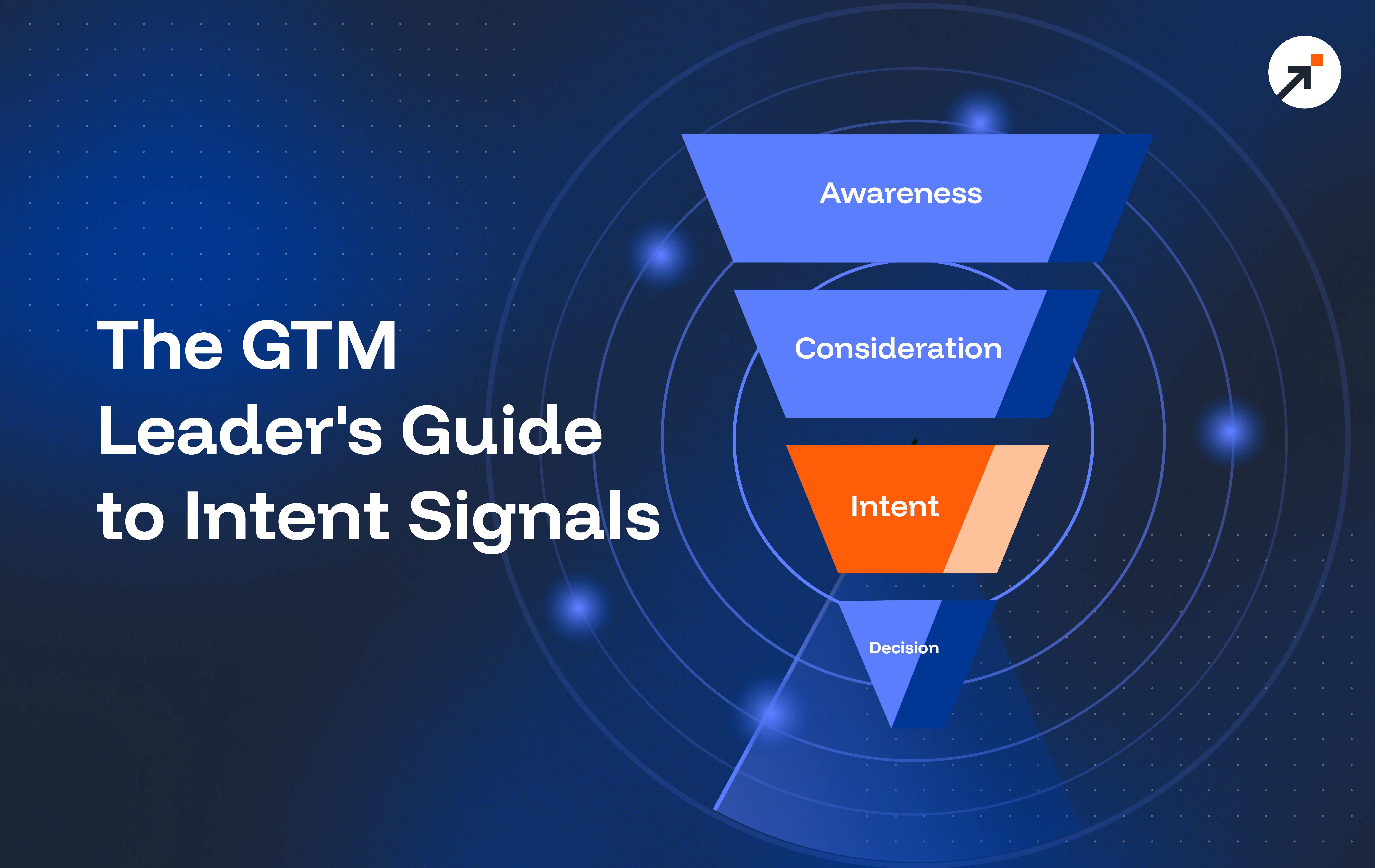Sales productivity signifies optimizing revenue generation while minimizing resource consumption. It is quantified by a salesperson’s contribution to the company’s overall income. A dependable and consistent sales force is essential for accomplishing sales targets.
Well, it might seem simple on the surface. However, let us tell you, it’s actually more complex than it appears.
You must implement effective sales strategies that motivate your sales unit, expedite processes, and guarantee efficiency in order to elevate sales productivity.
This piece explores the core of sales productivity, the common obstacles that slow down sales representatives, and effective strategies to boost your team’s productivity from zero to a hundred.
Understanding Sales Productivity
Sales productivity is the art of optimizing a sales team’s performance to maximize output and attain predetermined objectives concurrently.
It goes beyond mere task completion within shorter timeframes or quota fulfillment. Moreover, it’s not synonymous with increased workload or extended hours.
Productivity is about constructing a streamlined, collaborative ecosystem where the sales force can operate optimally.
Identifying Productivity Bottlenecks
Maybe you’re wondering if this discussion on productivity is really worth it. Let’s consider the other side. Below is a look at the challenges that most sales teams face, hindering their progress.
Unaligned Sales Execution
Without a standardized sales framework, sales representatives often rely on their own preferences, leading to inconsistent methods across the team. These different tactics can cause big challenges, as each rep may handle customer interactions and buying journeys in their own way, making it hard to stay aligned strategically.
This lack of consistency can lead to missed opportunities and unclear messaging. Setting up systematized sales processes ensures uniformity, makes it easier to track performance, and improves the management of the buyer journey.
Lack of Coaching
Developing and training sales representatives is a tough challenge for sales managers. As a result, many managers tend to assign tasks rather than teach. This approach often leaves team members unprepared to handle challenges and come up with solutions on their own.
Overcoming sales coaching challenges starts with helping sales representatives reach their full potential. Building a robust team requires a lot of effort. Besides teaching them, it’s important to set clear goals and provide the resources they need. Instead of stepping in too soon, allow representatives to tackle challenges on their own.
Lack of Data Analysis
Unlocking the full potential of sales data is key to overcoming sales management issues. Creating a strategy based on data and analyzing it correctly can be very challenging. Finding useful insights from data takes time, especially with so many metrics to consider. Manually pulling out important information can be difficult and slow, especially when the sales team is waiting for these vital insights.
Thankfully, automated data analysis and reporting tools are now available to make this process easier. Modern businesses often use CRM platforms to organize, analyze, and display data with graphs and charts, helping to spot pipeline issues, fix problems, and enhance strategies for better efficiency.
Ineffective Communication and Collaboration
A major obstacle to sales productivity comes from poor knowledge and process management. Scattered information, manual tasks, and outdated systems can greatly slow down performance. Using a strong knowledge management tool like Simpplr can act as a central place for information, helping improve communication and teamwork.
Simpplr is a well-known AI-driven platform that enhances employee experiences. It improves how knowledge is shared and boosts organizational efficiency. However, it’s important to compare different options to find the best one for your team. Consider exploring Simpplr alternatives to discover a platform that perfectly matches your specific requirements and financial constraints.
By exploring different options, you can identify the tool that offers the right features for enhancing employee experience and, ultimately, value for your business.
Strategies to Boost Sales Productivity
Realizing a sales team’s full potential demands more than mere effort. By employing strategic tactics, you can cultivate a high-performing unit that consistently surpasses targets. Let’s explore practical ways to enhance efficiency, motivation, and overall productivity.
Optimizing Sales Processes
A meticulously crafted and optimized sales framework is essential for any sales organization seeking consistency, efficiency, and scalability.
- Process Mapping: This involves a careful breakdown of every phase within the sales lifecycle, from the inception of b2b lead generation to the finalization of deals, to pinpoint and rectify inefficiencies and redundancies. This comprehensive overview facilitates process refinement and overall performance enhancement.
- Standardization: It is pivotal in developing consistent sales scripts, email templates, and proposal formats. This not only conserves time but also fosters uniformity among the sales team, culminating in a more polished and unified approach.
- Sales Funnel Management: It is imperative for the ongoing monitoring and optimization of each funnel stage, enabling the identification of improvement areas and the elevation of conversion rates.
- Automation: Automating routine tasks such as data input, email scheduling, and appointment coordination liberates sales representatives to concentrate on higher-impact activities, thereby amplifying productivity and efficacy.
Empowering the Sales Team
A strong sales team is important for a successful business. Hence, it’s important to help sales reps reach their full potential. Give them the right tools, good training, and support to help them do their best.
- Talent Acquisition: Find and hire sales professionals with the right set of skills and experience. This will help you identify the ones that fit well with the organization’s culture and goals. This helps new hires make a meaningful impact and blend smoothly into the team.
- Training and Development: This guarantees that sales professionals continuously augment their expertise and abilities through persistent educational endeavors. This maintains their proficiency in contemporary sales methodologies and industry advancements.
- Knowledge Management Platform: Establish a knowledge management tool to centralize and share valuable information, best practices, and sales insights. This empowers sales professionals to access essential resources, learn from past experiences, and apply proven strategies, thereby enhancing overall performance and efficiency.
- Coaching and Mentorship: This will provide supplementary support to sales professionals by offering individualized direction and feedback. A structured coaching framework facilitates the resolution of specific performance challenges, while mentorship cultivates long-term career progression and encouragement.
Leveraging Technology
Technology can significantly enhance sales productivity and efficiency to newer heights.
- CRM Implementation: Deploy a CRM platform to centralize customer information, monitor interactions, and forecast sales. This facilitates effective relationship management, streamlines sales workflows, and amplifies overall efficiency by providing a holistic perspective of customer engagements.
- Sales Enablement Tools: Equip sales professionals with resources that provide convenient access to sales materials, product details, and customer information. This empowers them to present customized proposals, respond to inquiries promptly, and elevate their overall productivity and efficacy.
- Sales Intelligence: Employ data analytics to uncover patterns within sales data, identify emerging opportunities, and refine sales methodologies. This empowers informed decision-making, optimized sales initiatives, and more precise forecasting, ultimately propelling performance to new heights.
Measuring and Improving Performance
Key performance indicators help track sales results and also find ways to improve sales team performance.
- Define KPIs: Formulate precise, quantifiable Key Performance Indicators (KPIs) that harmonize with sales objectives. These metrics should be specific, actionable, and relevant, facilitating precise monitoring of sales outcomes and progress toward aspirations.
- Data Analysis: Utilize data analytics to scan for sales outcomes, identify patterns, and extract insights. This helps understand how well things are going, see what works and what doesn’t, and make data-driven choices.
- Sales Performance Management: Conduct periodic assessments of sales performance metrics and provide constructive feedback to sales professionals. This helps correct performance issues, reinforce strengths, and guide representatives toward achieving their goals.
Conclusion
Enhancing sales productivity demands a comprehensive approach. By thoughtfully refining sales methodologies, empowering the sales force, leveraging technological advancements, and rigorously tracking performance, organizations can unlock their team’s full potential.
Remember, sales productivity is more than hitting targets; it’s about building a strong, efficient, and motivated sales team. Using these strategies can elevate your team and drive significant revenue growth.




